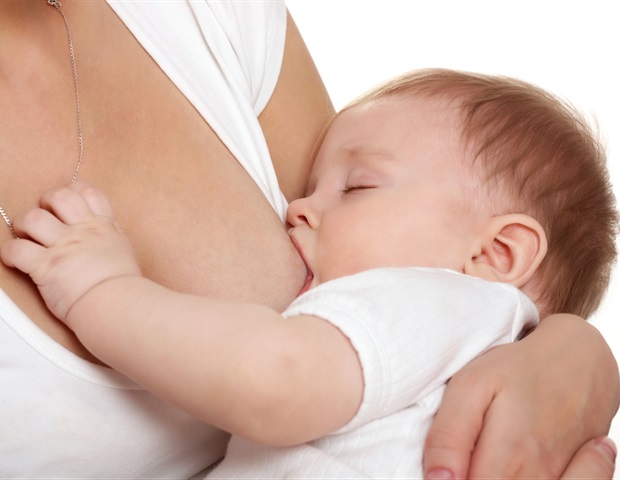
The incidence of suicidal thoughts and self-harm during pregnancy and after childbirth is on the rise. In fact, suicide is one of the leading causes of death of new parents (moms / birthing parent). The most significant risks are for those with a severe mental health diagnosis and/or substance abuse disorder.
September is National Suicide Prevention Month and as advocates for mental health and well-being, especially in the perinatal period, we want to share critical resources for those affected by suicidal ideation or self-harm. Whether for yourself or someone you know, use the following information to help.
- If you have experienced suicidal thoughts or self-harm in the recent past, or are self-harming currently, find mental health professionals in your area by searching suicide prevention + your county or city. You will find resources, including those at no cost, closest to you.
- Talk to your health care providers, including your prenatal care provider (OB or midwife), your primary doctor, or your child’s pediatrician. Let them know you’re struggling or have struggled and are worried about it happening again.
- Talk to your family and friends. Tell them what’s going on but more importantly, that you need help right away. Mental health affects everyone, and while it can feel difficult to admit, most people want to help because they want to see you thrive. Mental health issues do not have the stigma and shame they once did — we now know that mental health disorders, like suicidal thoughts, are common and treatable. Even celebrities, like Meghan Markle, open up to share about their struggles with mental health during pregnancy.

 PARENTING TIPS
PARENTING TIPS PREGNANCY
PREGNANCY BABY CARE
BABY CARE TODDLERS
TODDLERS TEENS
TEENS HEALTH CARE
HEALTH CARE ACTIVITIES & CRAFTS
ACTIVITIES & CRAFTS


